Search Results for Tag: Arctic Council
Arctic Economic Council – and the environment?
I would like to share my thoughts with you on the founding meeting of the Arctic Economic Council, taking place in Canada Sept. 2nd and 3rd. Iqaluit, the capital of the northern Canadian territory of Nunavut, is hosting the inaugural meeting of the, group set up to promote commercial development in the Arctic, as climate change makes the region more accessible. It was in Iqaluit that the first-ever ministerial meeting of the Arctic Council (AC) took place back in 1998. The newly established independent Arctic Economic Council (AEC), with close links to the AC, could prove to be equally influential.
Canada currently holds the rotating presidency of the Arctic Council, an organization linking eight Arctic states and six organizations representing Arctic indigenous peoples. Its self-set tasks include sustainable development, monitoring the Arctic environment, identifying pollution risks and environmental emergency preparedness. But in the race to open the Arctic to increased shipping, oil and gas exploration and mining, the formation of the new Arctic Economic Council (AEC) could see commercial interests gaining the upper hand.
Canada puts business first
Leona Aglukkaq, Canada’s Minister for the Environment, the Canadian Northern Economic Development Agency and the Arctic Council, is presiding over the founding meeting of the AEC. Its creation has been a key project during Canada’s 2013-2015 Arctic Council chairmanship, which Aglukkaq has focused on “development for the people of the North.”
“Our government prioritized the creation of the Arctic Economic Council to facilitate business opportunities, trade, investment and growth in the best interests of Northerners,” said Aglukkaq ahead of the two-day meeting. “Establishing this body is an historic moment for the Arctic Council in its efforts to advance sustainable development in the Arctic. I’m confident that the AEC will be a strong and effective body that will help enhance pan-Arctic economic cooperation for the benefit of communities and people in the Arctic.”
An unwise move for the AC?
But some people believe the AC could be making a mistake by allowing a potentially highly influential business group to grow outside of its own structures. Neil Hamilton, Senior Polar Political Advisor at Greenpeace International, told DW: “By creating an independent organization which answers to no one but has the authority to attend, work within, and manipulate the activities of the Arctic Council and its working Groups, the Arctic Council has severely undermined its own mandate.”
The AEC is being established with the contribution of the Arctic Council, but as an independent body. Representatives of both Councils would meet at regular intervals to discuss the economic development of the Arctic.
Originally, the AEC was envisaged as a circumpolar business forum. It’s since turned into a more formal structure. Each of the member states and each of the council’s indigenous permanent participant organizations was invited to send a maximum of three representatives to the inaugural meeting, where they will discuss the organization, structure and objectives of the AEC. The business representatives attending include CEOs and other high-ranking figures from a range of industries including oil and gas exploration, iron mining, tourism and shipping lines.
In the future, membership will not be limited to these nominations and may accept self-nominations from the Arctic business community.
A back-seat for the environment?
Canada says businesses in the Arctic will play a strong role in building a sustainable and economically vibrant future for the region. This will not reassure environment campaigners who have repeatedly attacked the current Canadian administration for its support of environmentally problematic industries such as oil tar sands or fracking, and for its refusal to back international climate agreements. The participation of the Vice-President of Russia’s Rosneft Oil Company Andrey Shishkin will raise eyebrows among those concerned about the possible environmental impact of oil exploration in the High North.
Finland is seeking to chair the AEC, although the group is to be purely business and not government run. In a press release, the country’s Foreign Ministry mentions environment protection but does not appear to give it priority when it outlines the objectives of the new body:
“In the future, the main focus of its work will be on the enhancement of the economic operating conditions of indigenous peoples and Small and Medium Enterprises (SMEs), the reduction of obstacles to trade, the support for sustainable economic operations, and raising of issues the AEC itself considers topical.”
In an AC paper on “facilitating the creation of the Arctic Economic Council,” environmental protection is only listed the last of six objectives, in connection with “maximizing the potential for Arctic economic activities.”
Conservationists are concerned that protecting the environment could take a back seat while companies pressure for fewer restrictions. With the Arctic warming more than twice as fast as the rest of the world and melting ice easing access to northern regions, the pace of Arctic development could outrun efforts to ensure environment protection and safety measures with increasing shipping and the risk of accidents or oil spills.
The World Wildlife Fund, which originally supported the group, told journalists the way it had been set up was “opaque and unaccountable”. WWF said it hat been refused permission to observe the meeting.
Greenpeace Arctic policy advisor Hamilton told DW: “The founding document of the Arctic Economic Council sets the frame for a new era of exploitation of the Arctic, without any indication of intent to protect the environment.” At the same time the Arctic Council, which was established to protect the environment, was “negating its prime function.”
Hamilton called on the Arctic Council to accord civil society the same privilege as it appears to be allowing the new economic group, by loosening regulations on granting the role of observer status.
The two-day meeting in Iqaluit ends on Wednesday, September 3rd. In the coming months, the Arctic Council will have to clarify its relation to the new AEC it helped create, and demonstrate how it’s going to reconcile the increasing pressure for commercial activity with avoiding environmental damage.
Ukraine’s shadow on Arctic cooperation
When a meeting of the Senior Arctic Officials of the Arctic Council scheduled to take place in Canada in June was cancelled, one couldn’t help assuming the political standoff between Russia, on the one side, and the US and other European partners on the other over Ukraine must have played a role. The Arctic Council Secretariat, based in Tromsoe in Norway, was keen to play down any political implications. In response to my inquiry, I was told the meeting had been rescheduled in form of teleconferences and written exchanges, and various meetings of Council working groups and task forces were going ahead in the coming weeks in Canada and in other Arctic Council member states. Business as usual? When Canada, which currently holds the chair of the Arctic Council, boycotted a working meeting of the organization planned for April in Moscow, Environment Minister Leona Aglukkaq called it a “principled stand” against Russian actions in Ukraine.
On other levels, the political repercussions of the Ukraine crisis for the Arctic are undisputed. A statement from the US State Department reads:
“Given Russia’s ongoing violation of Ukraine’s sovereignty and territorial integrity, the US government has taken a number of actions, to include curtailing official government-to-government contacts and meetings with the Russian Federation on a case-by-case basis”.
And that includes Arctic-related events. In Alaska Dispatch, Yereth Rosen reports the withdrawal of State Department funding for a hazard-reduction workshop planned for June between Russian scientists and their US counterparts. He also notes the head of Russia’s emergency services failed to show up at an international meeting in the US state last month.
With the West looking to broaden sanctions against Russia because of the Ukraine dispute, relations between the two factions are bound to be strained in a region where climate change has set off a highly competitive race for oil, gas and other resources.
Defending Arctic interests
While careful to secure their own business interests, the USA plans to block exports of oil and gas technology for new projects run by Russian state-controlled companies, if the Kremlin interferes with the Presidential elections planned to take place in Ukraine on May 25th.
“Depriving Rosneft and Gazprom of the most modern technology would be a significant setback for their ambitions in the areas that are the future of the Russian industry, including the Arctic”, writes Ed Crooks in the Financial Times of May 14th.
Well before the annexation of Crimea, Moscow made no bones about its intention to defend its energy and other economic interests in the Arctic region. President Putin has made it a strategic priority, re-establishing Soviet airfields and ports and preparing a strategic military command to be set up in the Russian Arctic by the end of this year.
Territorial claims
Russia, the only non-NATO coastal Arctic state, holds more Arctic territory than any of the other seven Arctic nations. It also lays claim before the UN Commission on the Limits of the Continental Shelf to an extension of its own shelf, including the huge seabed area of the Lomonosov Ridge. Other countries that have claims on the Arctic seabed include Canada, Denmark, Norway, and the United States.
In March this year, the Commission approved Russia’s longstanding claim to 52,000 square kilometers of seabed in the Sea of Okhotsk in the Pacific Ocean, believed to be rich in oil and gas. At the time, the Russian Minister of Natural Resources and Environment Sergey Donskoy told journalists the UN decision was also “the first step in our Arctic applications, which will be ready in the near future.”
The Times Moscow correspondent Ben Hoyle responded with the headline “Russia’s legal land grab is dress rehearsal for Arctic showdown”.
A matter for NATO?
Former US Secretary of State Hillary Clinton earlier this year called for the USA and Canada to take up a united stand in response to Moscow’s military build-up in the Arctic .
According to the TTU online newsletter on defense and strategy, pressure is mounting on the Canadian prime minister Stephen Harper to abandon opposition to making the Arctic a part of NATO’s official agenda.
Harper would prefer to see the bilateral North American Aerospace Defense Command NORAD extended to forces on land and on sea. The defense experts say the Harper administration is at the same time using the Ukrainian conflict to re-gain geostrategic influence at a time where Russia is building up a strong maritime position in the Arctic.
The defense publication quotes international political risk research consultancy Polarisk Analytics however as saying extending NORAD’S powers would mean keeping up the old block mentality. That would not guarantee sufficient stability to attract private western investment in the Arctic.
Including the Arctic in NATO’s official agenda would provoke a counterproductive escalation, which could have a lasting destabilizing effect on Arctic cooperation and lead to confrontations, says Polarisk. They suggest the debate should be conducted within the Arctic Council. But so far, that has remained outside its mandate, focusing instead on environmental protection and health and safety.
Professor Lawson Brigham of the University of Alaska Fairbanks, former chairman of Arctic Council’s Arctic Marine Shipping Assessment, told Alaska Dispatch “There are enough environmental issues and enough people issues to keep us busy and keep us together”.
He said he hoped tensions would ease enough and US leaders would be “diplomatically adroit enough to pull off one of the goals articulated in White House recent Arctic Strategy implementation plan: a 2016 “Presidential Arctic Summit”, attended by heads of Arctic nations to mark the Arctic Council’s 20th anniversary.
First, let’s see how the next Arctic Council SAO meeting in Yellowknife, Canada this autumn works out. Given that the chair of the Council goes to the USA in 2015, it seems unlikely that the long shadow of the ongoing Ukrainian conflict will become shorter any time soon.
Arctic Council disappoints Greenpeace,WWF
Environment ngos have expressed disappointment at the outcome of the Arctic Council meeting in Kiruna on May 15th. Too little action and too slow, seems to be the consensus.
Alexander Shestakov, Director of WWF’s Global Arctic Programme said: “We are disappointed that the Council is not moving faster to address such urgent issues as preventing oil spills, and reducing the impacts of regional and global climate change.” Shestakov says the issues have been placed on the “back burner” for two years, and “the pace of change in the Arctic does not allow for a two year time-out.”
Greenpeace International senior policy advisor Ruth Davis said: “Throughout this meeting, the evidence from scientists and Indigenous Peoples has highlighted the devastating impacts of our fossil fuel addiction on the Arctic. Yet the Council seems in the thrall of business interests wishing to extract more oil and gas, whatever the costs to local people, wildlife and the future health of the planet”.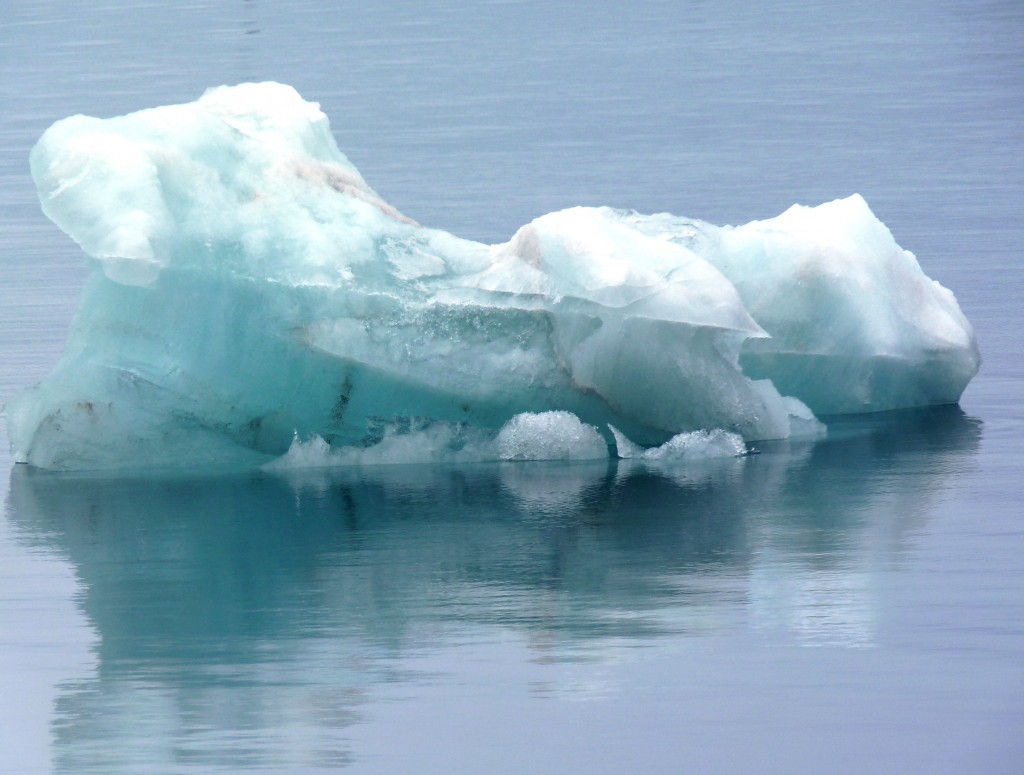
- Endangered species
Oil spill response
An oil spill response agreement was officially signed at the Kiruna meeting. WWF has official observer status and was involved in drafting the agreement. The organisation says it “will be watching to ensure that the agreement is effectively implemented”.
Greenpeace (whose request for observer status was turned down at the meeting) is highly critical of the “Cooperation on Marine Oil Pollution Preparedness and Response in the Arctic Agreement”, signed in Kiruna. Greenpeace says “it includes no specific practical minimum standards that governments must adhere to, and has no provisions to hold companies liable for the full costs and damages of a spill should one occur”. Greenpeace had leaked the draft document back in February, saying it was “disappointingly weak”.
Black carbon
The other key issue environmentalists would like to have seen progress on is black carbon or soot. WWF says Russia blocked negotiations on an agreement to tackle black carbon, which is produced by burning diesel and other fuels and is blamed for increasing the melting of Arctic ice and snow.
Greenpeace sees a wide gap between the “firm recommendations from its (Arctic Council’s) own scientists based on the Council-commissioned reports on ocean acidification and the impact of climate change on biodiversity”, and the “lack of any meaningful action”. That gap between evidence and recommendations from scientists and real political action, it seems to me, becomes even clearer looking at the wider cause of climate change in the Arctic and around the globe – human-made emissions of greenhouse gases. Without rapid action from the main emitters (one is a member of the Arctic Council, another has just been given observer status), it seems more than likely the Arctic as we know it will not exist for much longer. As I have written here before – “you can’t have your ice and melt it“. Can you?
Canada poised to head Arctic Council
The Arctic Council is meeting in Kiruna in northern Sweden tomorrow (after a record summer sea ice melt and with CO2 emissions breaking the 400 ppm barrier). Canada will be taking over the Chair from Sweden. China, India, South Korea and Singapore are amongst the countries applying for permanent observer status. The EU wants the same, although some of its members are already represented either as members or permanent observers. Everybody wants a piece of the Arctic cake as climate change opens the once pristine ice desert to commercial exploitation.
Canada doesn’t have the reputation of being a top climate protector. I talked to Eilis Quinn, a journalist with Radio Canada International’s Eye on the Arctic about the feeling in Canada and some of the options on the table. Thanks for sharing those insights Eilis. There will be an article on the website soon. Meanwhile, please have a listen to Eilis’ perspective.
Why a new “Arctic Circle” Forum?
While working on a story about the Arctic Council in the run-up to its next meeting in May, I was greatly interested by the announcement that there is to be a new global forum called the Arctic Circle. Iceland’s President Ólafur Ragnar Grímsson, made the announcement this week at an event held by the National Press Club in Washington. On the Arctic Circle website, the new organization is described as “nonprofit and nonpartisan”. The mission is “to facilitate dialogue and build relationships to confront the Arctic’s greatest challenges. We aim to strengthen the decision-making process by bringing together as many Arctic and international partners as possible under one large ‘open tent’. By facilitating circumpolar meetings of leaders across disciplines, we will identify truly sustainable development practices for the Arctic, the world’s last pristine environment”.
The background, of course, is the opening of the Arctic to shipping and commercial exploitation because of climate change. The organisers say the new open forum will help raise the profile of Arctic issues worldwide and discuss solutions “in a frank and collaborative manner”.
I met President Grimsson in January in what at first sight might appear an unusual location – the Gulf emirate of Abu Dhabi.
We live in an ice-dependent world, says Iceland’s President
He actually has close ties to the emirate, and was there for “sustainability week” and the World Future Energies Forum. He explained to me then his interest in making it clear that the Arctic is not just of significance to the High North region and the countries around it, but the planet as a whole. So I am not surprised that he is spearheading an attempt to open the region to the influence of other countries. Iceland has also been conducting a lot of negotiations with China, including a new free trade agreement announced by the President this week. As reported on the Ice Blog and DW before, China is increasingly interested in getting a foothold in the Arctic.
See China’s Arctic ambitions spark concern
Grimsson told Thomson Reuters the new forum was needed because “while most countries have a stake in the melting of Arctic ice, only eight – Canada, Denmark, Finland, Iceland, Norway, Russia, Sweden and the United States – are members of the Arctic Council”. The intergovernmental group was established in 1996.
China, India and Singapore are amongst the non-Arctic states seeking observer status on the Arctic Council at a meeting to be held in Sweden next month. The new “Arctic Circle”, on the other hand, would be open to anybody: “concerned citizens, representatives of ngos, scientists, researchers alongside governments and corporations.”
The first meeting of the new forum will be held in Iceland in October. It remains to be seen who will sign up and how influential it will turn out to be. The formation of the group shows the Arctic’s rising significance on the international agenda. The question is which forum will turn out be the best placed to effectively protect the sensitive ecosystems and traditional lifestyles of indigenous groups in the Arctic at the time when international commercial interest is growing steadily. And with the burning of fossil fuels continuing to exacerbate climate change and no progress being made towards reducing emissions – who is to mediate in the conflict between those who want to profit from exploiting oil and gas resources in The Arctic and those who want to stop using it and shift to climate-friendly renewables? There are those who would like to do both. But as the saying goes, “you can’t have your cake and eat it” – or maybe you can’t have your ice and melt it?



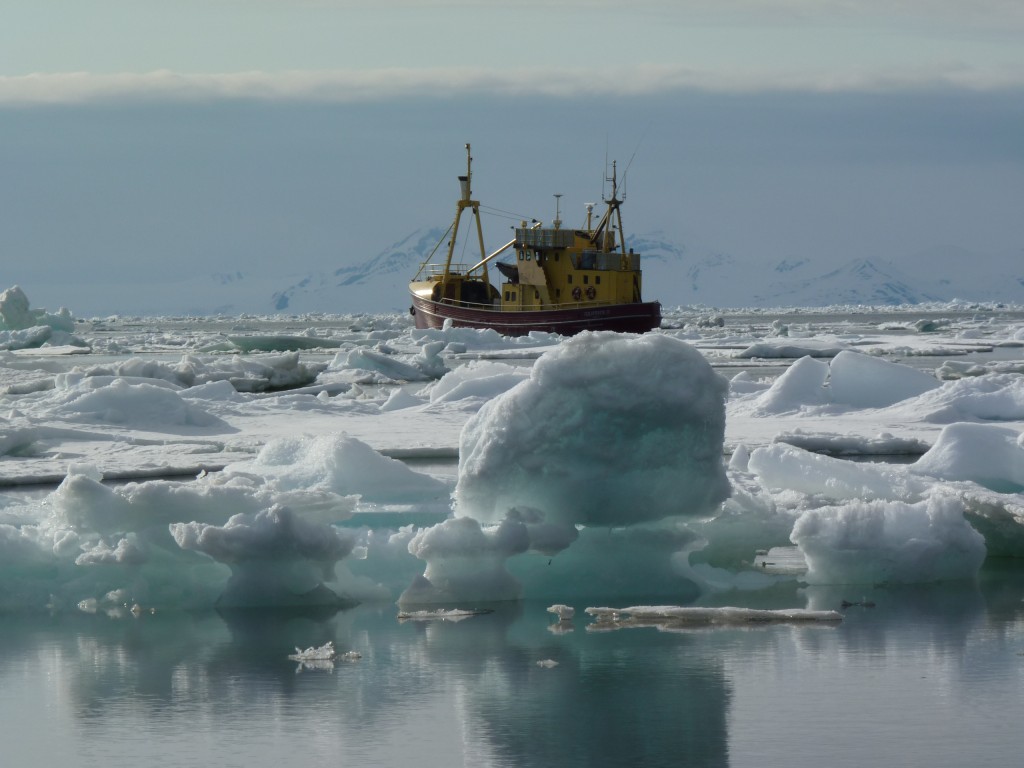
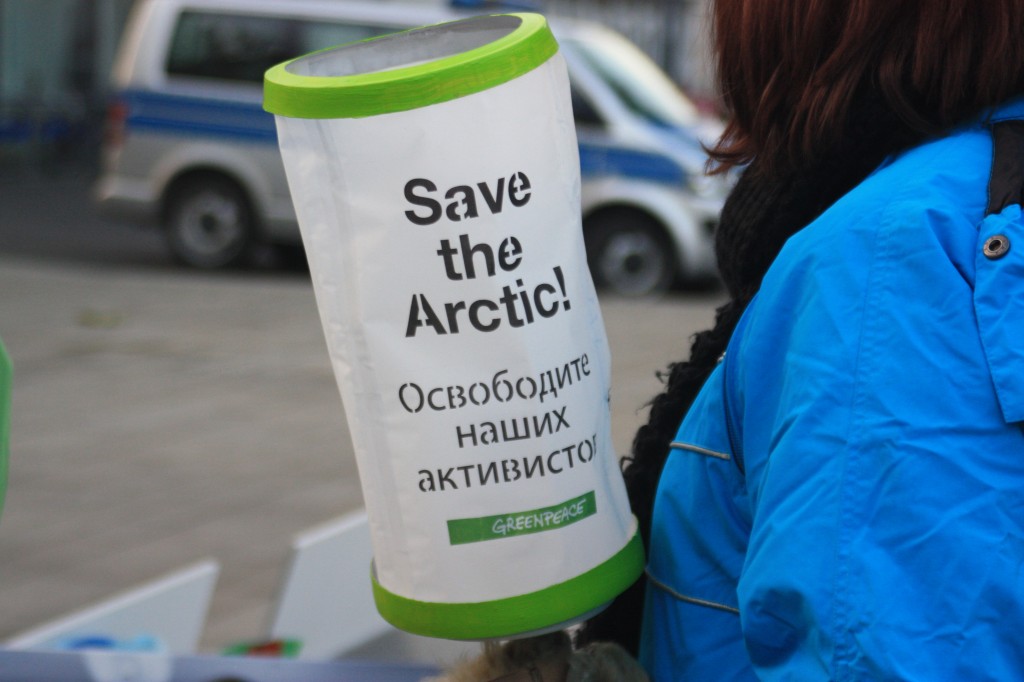

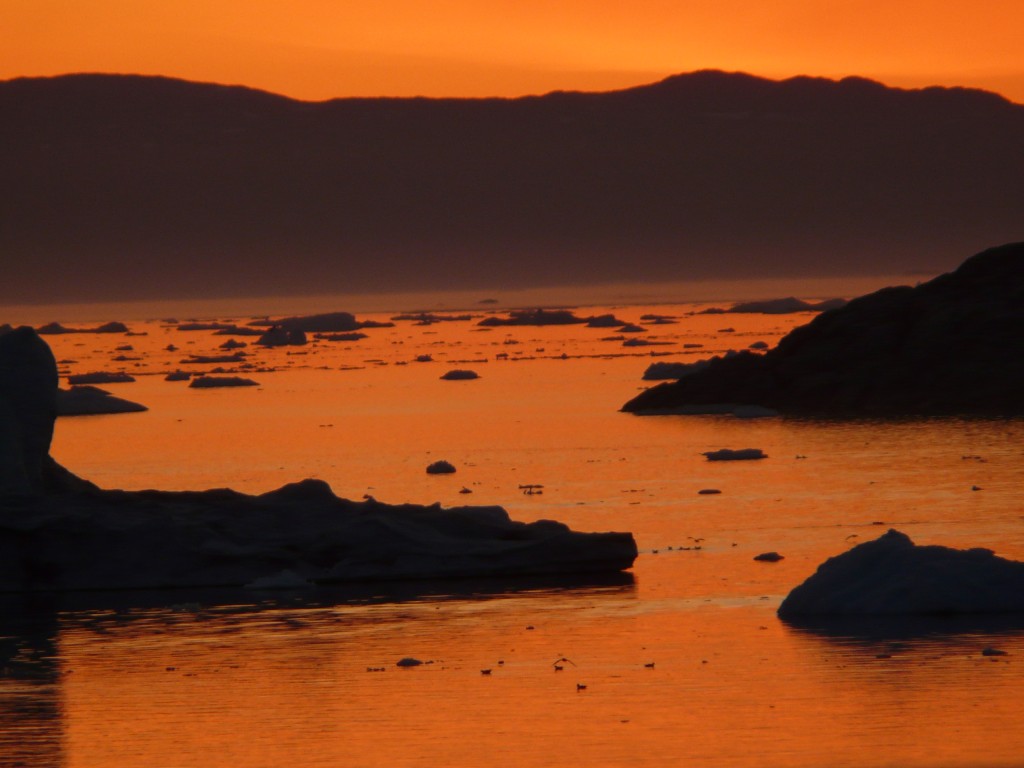
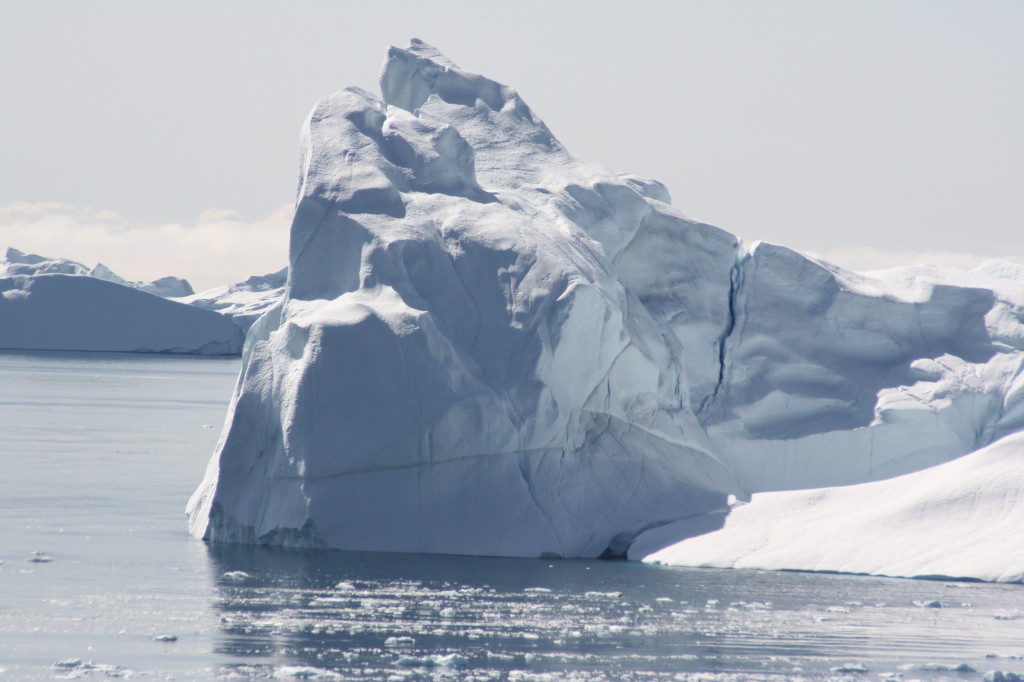
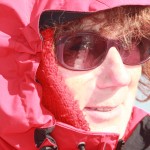
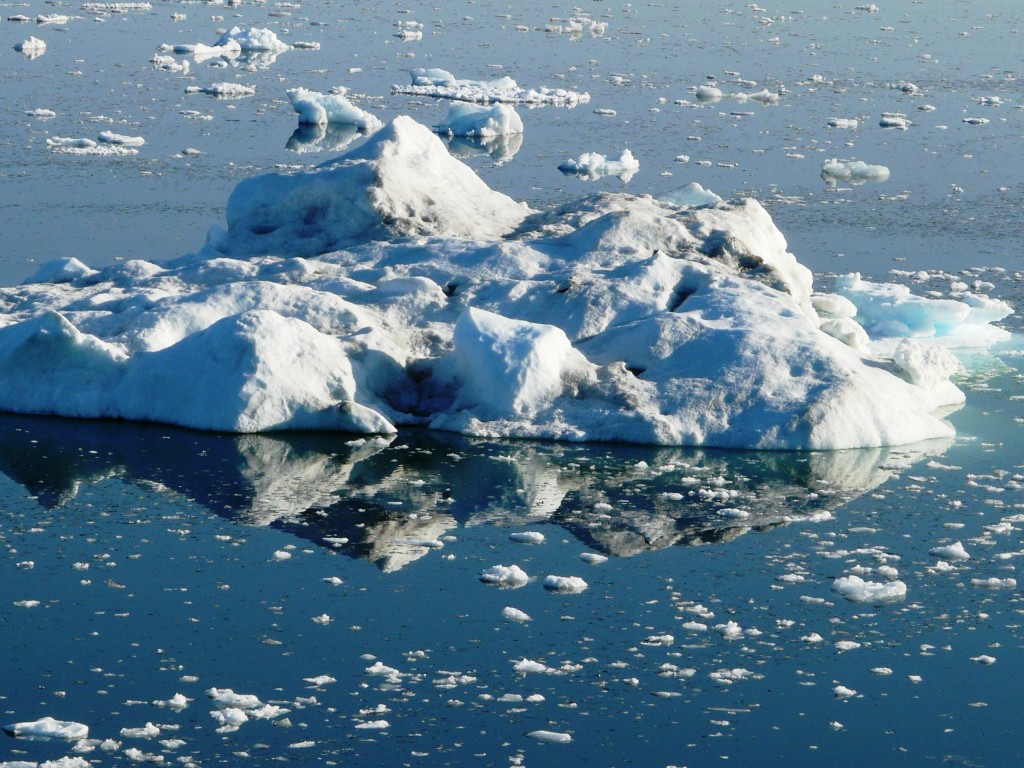
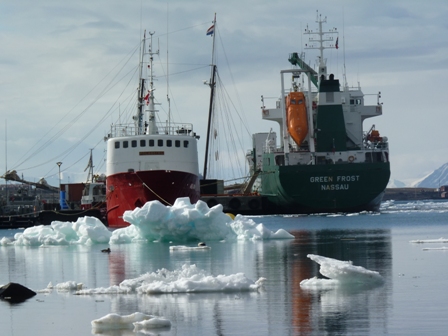
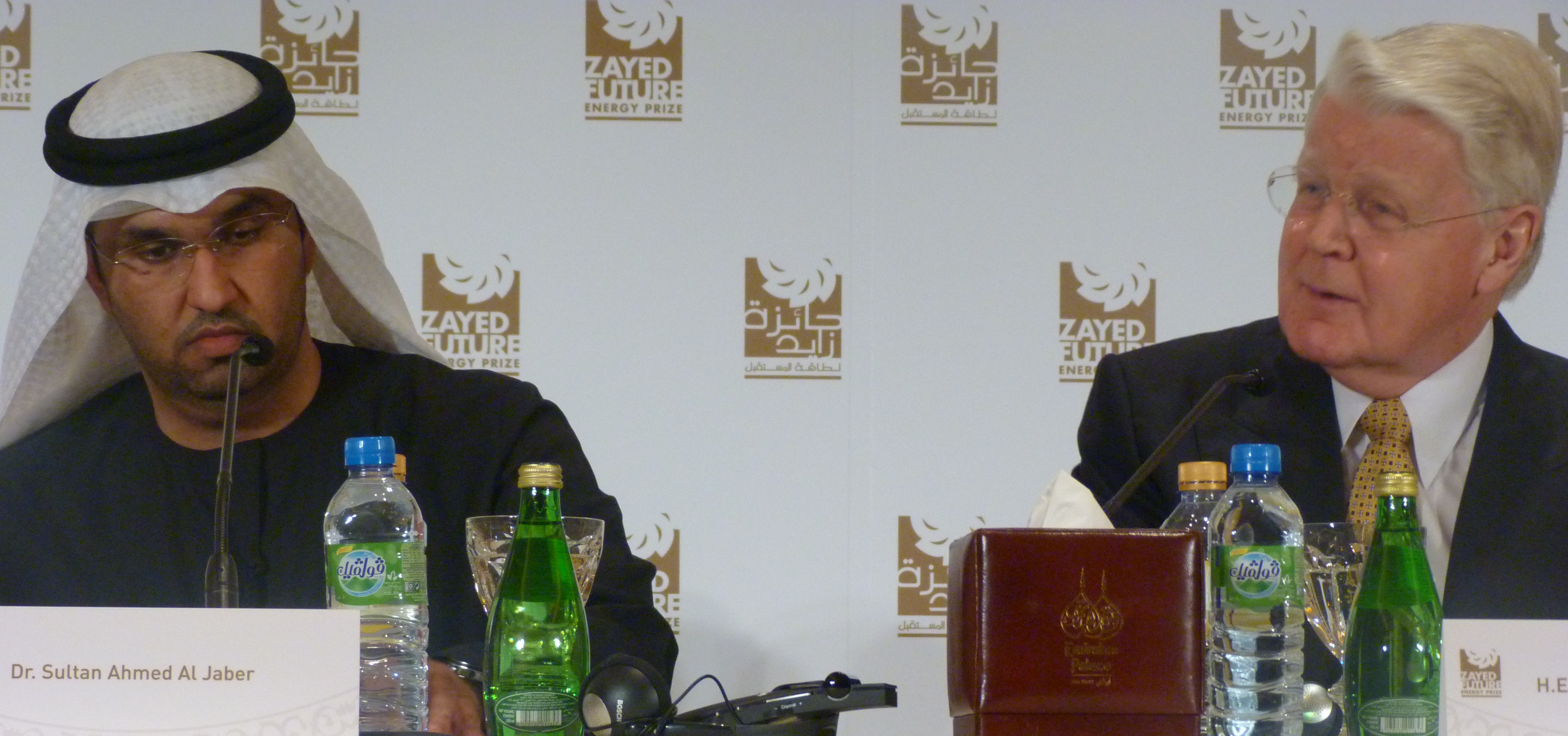
















Feedback